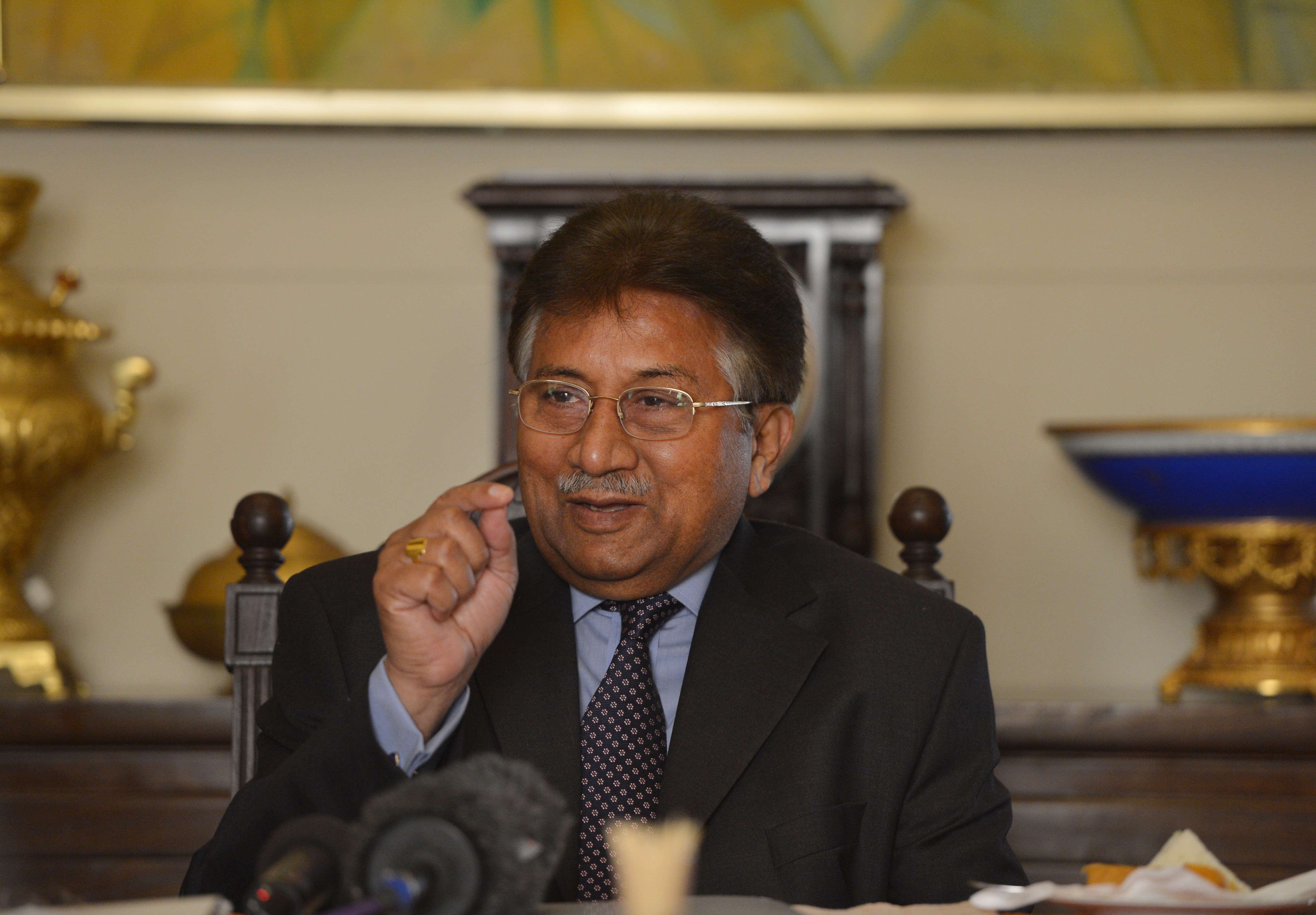
The drama surrounding General Pervez Musharraf’s ban on foreign travel has finally ended. It took longer than most observers would have anticipated, but no one had any doubts that in the political culture of Pakistan, it would be difficult to try and punish a former army chief or that the civilian institutions would be strong enough to punish a former military ruler. Institutionalised accountability has never been the norm in Pakistan. On a little introspection it would be obvious that the state has never been able to intervene forcefully and enforce its writ when crimes like treason were committed by a succession of rulers who knocked out governments — both, elected and non-elected — and installed themselves as absolute rulers, fearing no retribution whatsoever. Such a remarkable consistency in letting adventurers play havoc with institutions or with the principle of the ‘rule of law’, has defined the country’s political history since its inception.
Musharraf’s case was a little different because his nemesis had come to power with a strong public following. There was some hope in some circles that, backed by a public mandate, the new elected government would proceed to put the former ruler on trial for a host of well-documented cases, ranging from the subverting of the Constitution in 1999, imposition of emergency, dismissal of the chief justice, killing of Baloch leader Akbar Bugti in 2006 and the Red Mosque case. But, as time passed, it appeared that ‘expediency’, rather than the enforcement of the rule of law, would be the guiding factor for rulers in cases where firm, lawful action could generate tensions. Yet again, the rule of law was the casualty.
For Musharraf, this was an opportune moment to leave the country, because the political party that stood by him — the MQM — was faced with the threat of disintegration following the sudden emergence of a rival faction that challenged the leadership of the ailing Altaf Hussain.
The former military ruler was admitted into hospitals a couple of times, ostensibly for a backache. An impression has been formed that this was designed to document his ‘illness’ and create a justification for exiting the country. As a matter of fact, the state prosecutors, during the hearing in the Supreme Court (for removing his name from exit control list), were not keen on advancing any arguments for retaining his name on the exit control list.
The former president also realised that the party he had founded — the All Pakistan Muslim League — has found no resonance with the people and that his political shelf life was over. That must have convinced him to travel to safer shores to enjoy a life of tranquillity, opulence and luxury. The departure of the ex-ruler would also show how the government in Islamabad was not able to formulate any clear policy on a matter of such crucial relevance — not because it would create any imminent disaster, but because it would have ramifications in terms of a deepening sense of despondency in the minds of those Pakistanis who are able to think and reflect on the culture of accountability in their country. When all principles of justice and accountability are sacrificed at the altar of compromises, how would the generations to come be expected to observe the rule of law as sacrosanct?
On the face of it, Musharraf’s exit would not change anything in Pakistan. But it would be seen, in the years to come, as yet another manifestation of the malaise that continues to afflict most Third World countries — that of selective accountability, of certain personalities being ‘above the law’ and of subordinating the norms of justice and equity to choreographed notions of survival; of political agendas being advanced at the expense of societal growth.
Musharraf will not return to Pakistan any time soon. But, in his exit from Pakistan, he has caused an upset for the judicial system in this country. Furthermore, he has exposed the political fragility of the system of governance in a country that he ruled as a despot, trampling upon the constitution and showing how easy it is to be defiant when the law is inadequate when faced with the strong and mighty. - Express Tribune